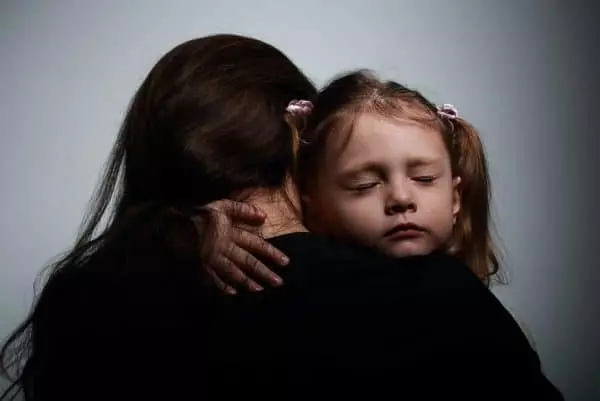
One of the hardest times to find the right words to say is when somebody is suffering from the death of a loved one due to cancer, such as mesothelioma. It can be hard to know what to say, what not to say – and even whether or not to say anything at all!
If you find yourself wanting to say something comforting, but afraid of saying the wrong thing that will only increase the pain, this guide is for you.
Below you will find two lists:
- One is a guide to help you say uplifting, encouraging, and appropriate sentiments.
- The other is a list of things that are best to avoid.
Note that these are only suggestions. Use your awareness of the situation, knowledge of the deceased and their family, and other personal and social clues to guide your conversation as appropriate. If you know someone who has gone through a similar situation you should ask them how they approached it.
Things to Say
When it comes to offering condolences, it is okay to not know what to say. It is better to admit that fact than to fill the silence with off-the-cuff statements just meant to fill the air.
Generally, the best way to express empathy, compassion, and sorrow simply is to do so straightforwardly. There is no need to be long-winded. But if you do find yourself in awkward silence desperately looking for something to say, try sharing a short, happy memory.
Offering to help them or their family is also a great idea, but make sure to only offer if you actually intend to follow through. Try to think of specific things to make the next few weeks/months easier.
Examples of things to say:
- “I’m not sure exactly what to say, but I want you to know I care.”
- “You are in my thoughts/prayers.”
- “Can I bring you a dinner this week? Can I watch the kids?”
- “If you want to talk about him/her, please feel free to call (or text) anytime.”
- “If you need me, I’ll be there. Or if you need space, just tell me.”
- “My favorite memory with (____) is…”
Things to Avoid Saying
When it comes to knowing what not to say, the goal is to avoid minimizing the pain of the situation. It is not your job to cheer them up (they are going through grief at their own pace) or fix the situation with advice. It is your job to provide support, empathy, and let them know you are available to help if they want it.
No matter what, do not compare their situation with something that happened to you or a friend. Not only does doing so bring the focus on you, but it also denies the fact that all experiences and people are different. You do not know what they feel like, because your situation is necessarily different from theirs.
Clichés rarely help either. A husband grieving for his wife, or mother grieving for her child, rarely wants to hear about their loved one being somewhere else, even a “better place.” Religious sentiments like these may not align with the person’s beliefs, so it is best to avoid them altogether.
Examples of things to avoid:
- “He/She is in a better place.”
- “He/She is an angel now.”
- “At least he/she lived a good life.”
- “There is a reason for everything.”
- Cheer up!”
- “We all deal with loss eventually.”
- “Just remember the good times.”
- “I know what you are going through.”
- “The same thing happened to my friend…”
- “You can have another child/you will meet someone else.”
- “You just have to be strong.”
When to Say Nothing at All
After you have expressed your condolences in one of the best ways above, you may want to leave it alone after all that. There is no need to repeatedly offer condolences or bring the situation up over and over (unless they bring it up and want to talk about it).
If they seem talkative, let them talk it through it with you. If they seem quiet, do not force conversation. Sometimes saying nothing is actually the right thing; they may prefer your presence to your words.
Sometimes just having regular conversation gives this grieving person a taste of normalcy. They might want to talk about a movie or what’s going on at work.
Above All Else: Be Considerate and Pay Attention
At the end of the day, you will have to feel out the situation to know exactly what to say when someone dies of cancer. Even the most thoughtful phrases above may need to be modified under certain situations. Your best bet is to pay close attention.
If you are very close to the person, you may end up discussing more specific things and asking them how they are doing. Giving a hug or holding their hand may speak louder than any sentiment.
If you are only an acquaintance, simply expressing genuine sorrow may be the better choice. Keep your condolences short, straightforward, and heartfelt without becoming dramatic.
When all else fails, just go with the tried and true, “I’m sorry for your loss.”




